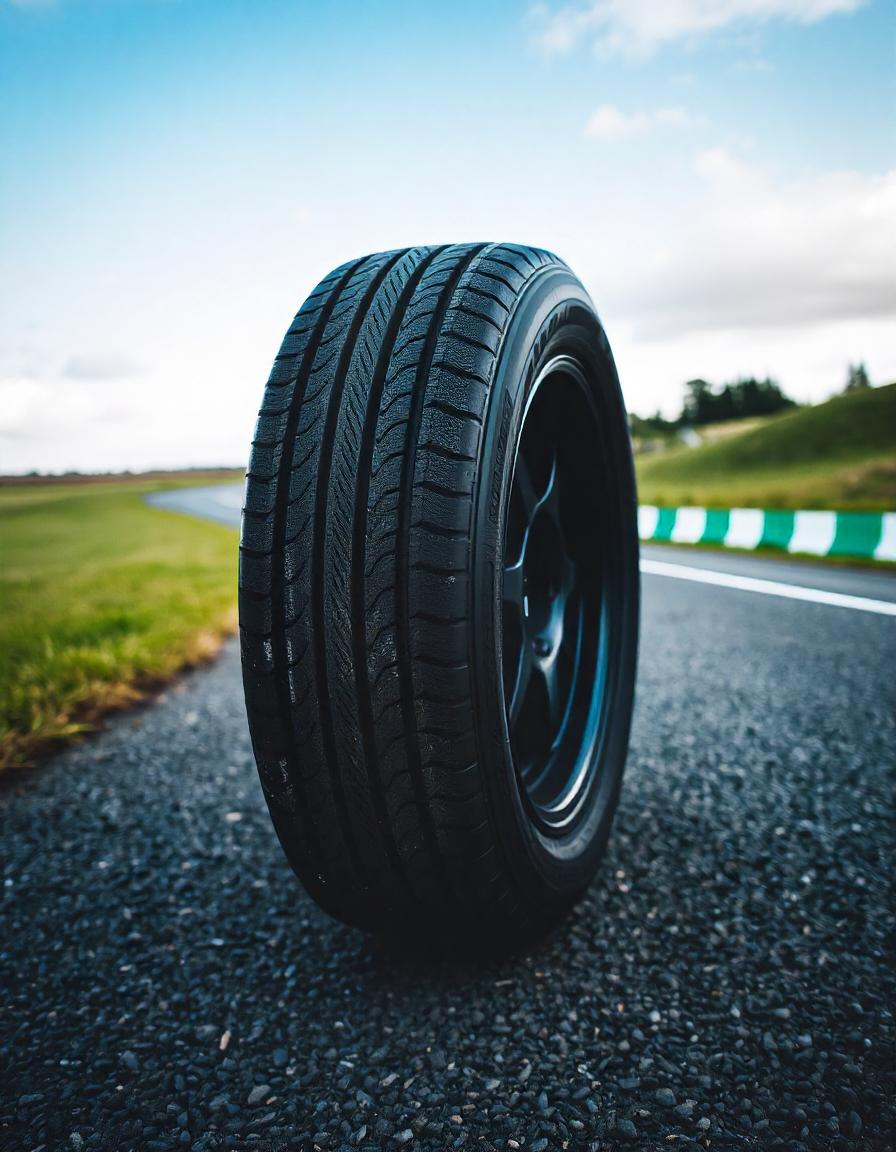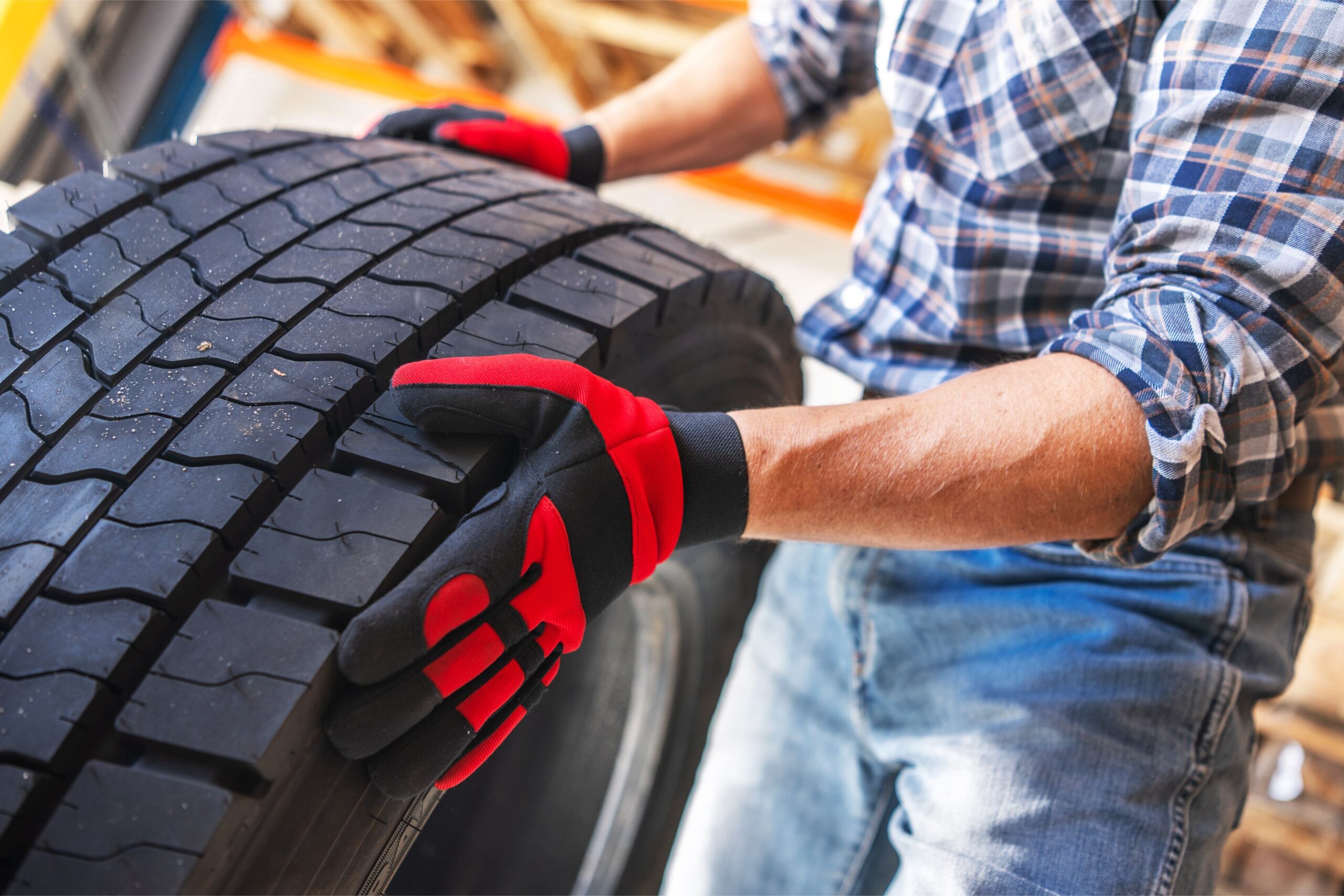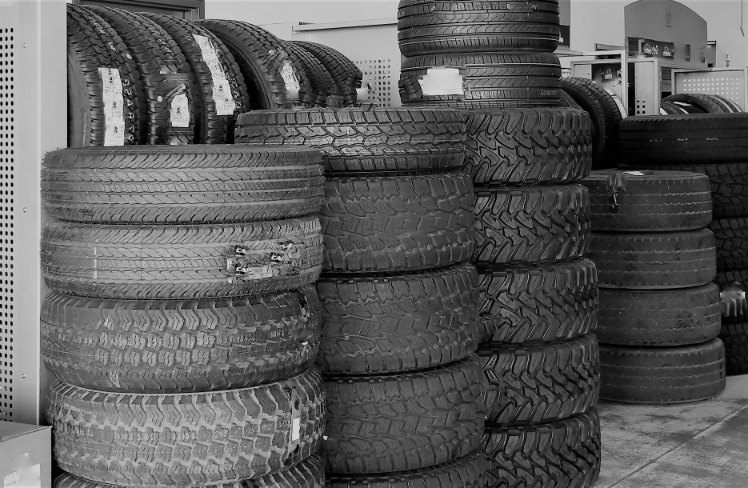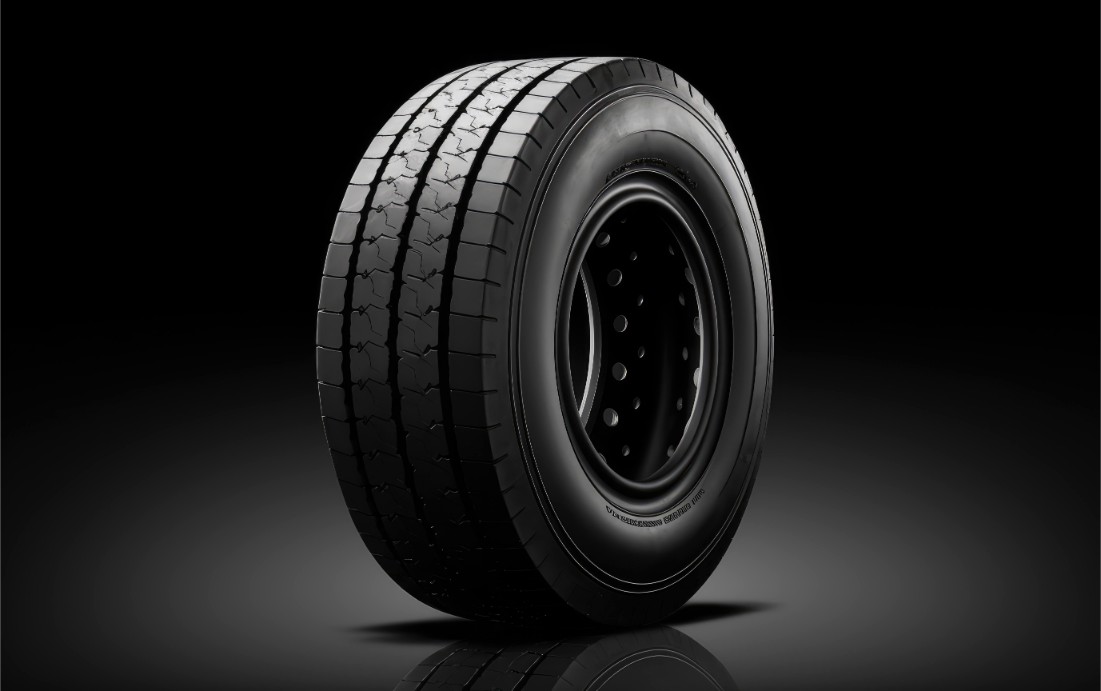
We rely on our vehicles daily, often without giving much thought to the critical components that keep us safely moving. Among these, tyres stand out as the only point of contact between our vehicle and the road. Their condition directly impacts our safety, the performance of our vehicle, and the longevity of the tyres themselves. This is why regular tyre inspections are not just a recommendation – they are an absolute necessity for every driver. Neglecting these simple checks can lead to a cascade of problems, from minor inconveniences to potentially life-threatening situations.
Imagine setting off on a journey without checking if your shoes are in good condition. A worn sole could lead to slips, a tear could cause discomfort, and a missing lace could result in a stumble. Similarly, our tyres, the “shoes” of our vehicles, require our attention to ensure a smooth and safe ride. A quick visual inspection can often reveal issues that, if left unaddressed, could escalate into significant problems.
One of the primary reasons why regular tyre inspections are crucial is safety. Tyres are engineered with specific tread patterns designed to provide optimal grip in various conditions, including wet roads and loose surfaces. Over time, and with regular use, this tread wears down. As the tread depth decreases, the tyre’s ability to channel water away from the contact patch diminishes, significantly increasing the risk of hydroplaning in wet conditions. This loss of control can lead to serious accidents. Regular inspections allow you to monitor the tread depth and identify when it’s approaching the legal limit or becoming dangerously shallow. Most tyres have tread wear indicator bars built into the grooves. When these bars become flush with the surrounding tread, it’s a clear signal that your tyres need replacing.
Beyond tread wear, regular inspections can also reveal other safety hazards. Look out for cuts, bulges, or cracks in the sidewalls. These could be a result of impacts with potholes, kerbs, or debris on the road. Such damage weakens the tyre structure and can lead to sudden blowouts, especially at high speeds. Identifying these issues early allows you to take corrective action, whether it’s a repair or a replacement, before a catastrophic failure occurs. Similarly, check for any embedded objects like nails or screws that might be causing a slow leak. Prompt removal and repair can prevent a flat tyre at an inconvenient or dangerous moment.
Regular tyre inspections also play a significant role in vehicle performance. Properly inflated tyres with adequate tread depth ensure optimal handling, braking, and steering response. Worn tyres can lead to reduced grip, making it harder to control the vehicle in challenging situations. Underinflated tyres can cause the vehicle to feel sluggish and less responsive, while overinflated tyres can reduce the contact patch with the road, leading to compromised traction. By regularly inspecting your tyres and ensuring they are in good condition and inflated to the correct pressure (usually found on a sticker inside your driver’s side doorjamb or in your vehicle’s owner’s manual), you can maintain the intended performance characteristics of your vehicle.
Furthermore, consistent tyre inspections contribute to the longevity of your tyres. Catching minor issues early can prevent them from developing into more significant and costly problems. For instance, addressing uneven wear caused by misalignment or improper inflation can significantly extend the lifespan of your tyre set. Regularly checking for and removing embedded objects can prevent slow leaks that could eventually render a tyre unusable.
Another often overlooked benefit of regular tyre inspections is the potential for improved fuel efficiency. Underinflated tyres increase rolling resistance, meaning your engine has to work harder to move the vehicle. This increased effort translates directly into higher fuel consumption. Maintaining the correct tyre pressure, identified through regular inspections, ensures that your tyres roll efficiently, saving you money at the pump and reducing your vehicle’s environmental impact.
While the focus of Regrip (regrip.in) lies in providing re-engineered tyre solutions, primarily for the commercial vehicle sector, their expertise in the tyre industry underscores the fundamental importance of tyre care for all vehicle types. Their commitment to offering economical and high-performing alternatives highlights the value of maximizing the lifespan and ensuring the reliability of tyres through proactive maintenance, which starts with regular inspections. Whether you drive a small car or a large truck, the principles of responsible tyre ownership remain the same.
Beyond the tangible benefits of safety, performance, and fuel efficiency, regular tyre inspections can also help you stay on the right side of the law. Many jurisdictions have legal requirements regarding minimum tread depth. Driving with tyres below this limit can result in fines and potentially invalidate your insurance. Regular checks ensure that your tyres meet these legal standards, preventing unnecessary penalties.
In conclusion, regular tyre inspections are a simple yet vital practice that every driver should incorporate into their routine. Taking just a few minutes to visually examine your tyres for wear, damage, and proper inflation can make a world of difference in your safety, your vehicle’s performance, the lifespan of your tyres, and your fuel economy. So, make it a habit – before every drive, or at least weekly – to cast an eye over your tyres. Your safety and your vehicle will thank you for it. Remember, eyes on the road start with eyes on your tyres.







